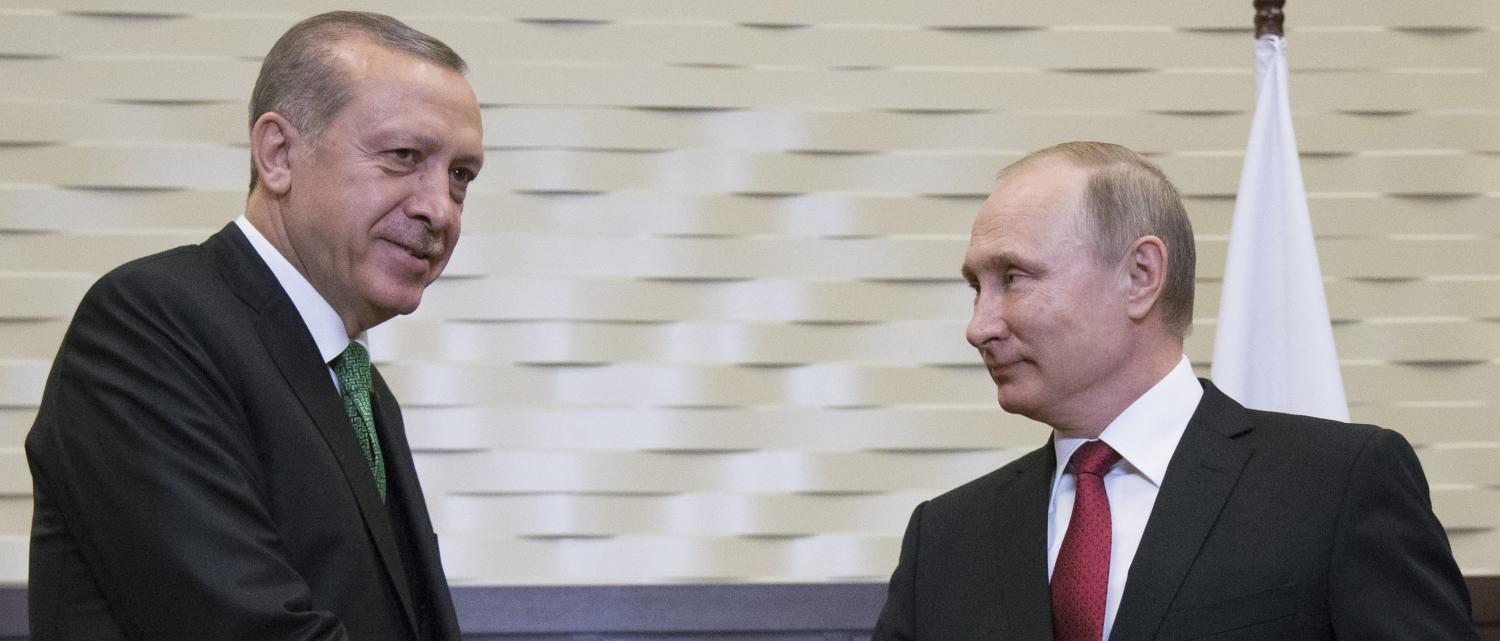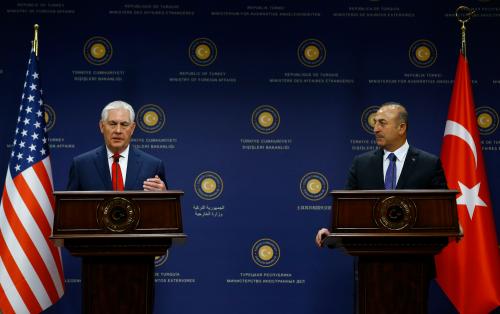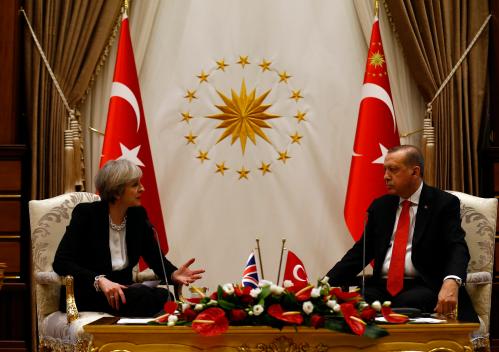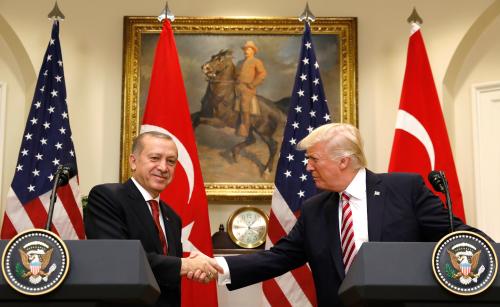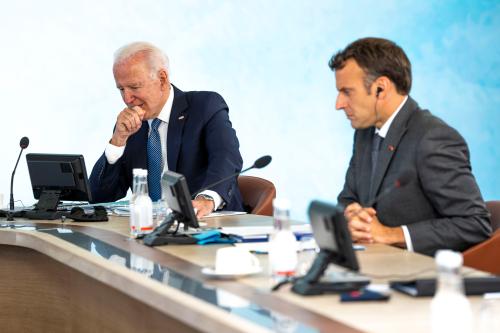Russian-Turkish relations have experienced such sharp turns in the last couple of years that further volatility appears to be the only safe forecast. These two major European powers have a centuries-long history of competitive interactions; yet, mutual understanding and trust is hard to come by. Even though the relationship has a solid economic foundation, conflicting geopolitical ambitions clearly prevail over the economic rationale. There is furthermore a pronounced similarity in the way Presidents Vladimir Putin and Recep Tayyip Erdoğan conduct themselves: while they share mistrust of Western policies and resentment for being excluded from the European integration project, they nonetheless remain very different in their political experiences and worldviews, and only reluctantly make pledges of friendly cooperation.
In the latest Turkey Project Policy Paper series, “An ambiguous partnership: The serpentine trajectory of Turkish-Russian relations in the era of Erdoğan and Putin,” the authors Pavel K. Baev and Kemal Kirişci examine the balance of incentives and contradictions that shape the trajectory of the Turkey-Russia partnership. The report explores the main areas of interaction between the two states, and assesses the implications of uncertainty in each area for Turkey’s trans-Atlantic allies and particularly the U.S. It evaluates the differences between the worldviews of the Turkish and Russian political elites; identifies the key features of political economy and geopolitical interfaces, making a special case of conflict (mis)management in Syria; and then scrutinizes the role of the two autocratic leaders in shaping the relations between their respective countries. The authors conclude by putting forward a series of implications for the trans-Atlantic alliance and the U.S.
The report argues that the possibility of upgrading the uneasy partnership between Turkey and Russia into a strategic “axis of the excluded” is low, but the risks generated by both their rapprochements and quarrels are significant. Without downplaying the importance of U.S. leadership, the authors suggest that the EU will have to perform the difficult and delicate task of both confronting Russia and managing its uneasy partnership with Turkey. The U.S. should deal with the implications of Turkey-Russia interactions through NATO, since the alliance is the only vehicle that could help the U.S. re-engage the Turkish military and reconstruct ties to their traditional, cooperative pattern. To encourage Turkey to remain a reliable NATO ally, the authors also add that the U.S. leadership needs to demonstrate attention to its trade and security interests, including those in Syria.


